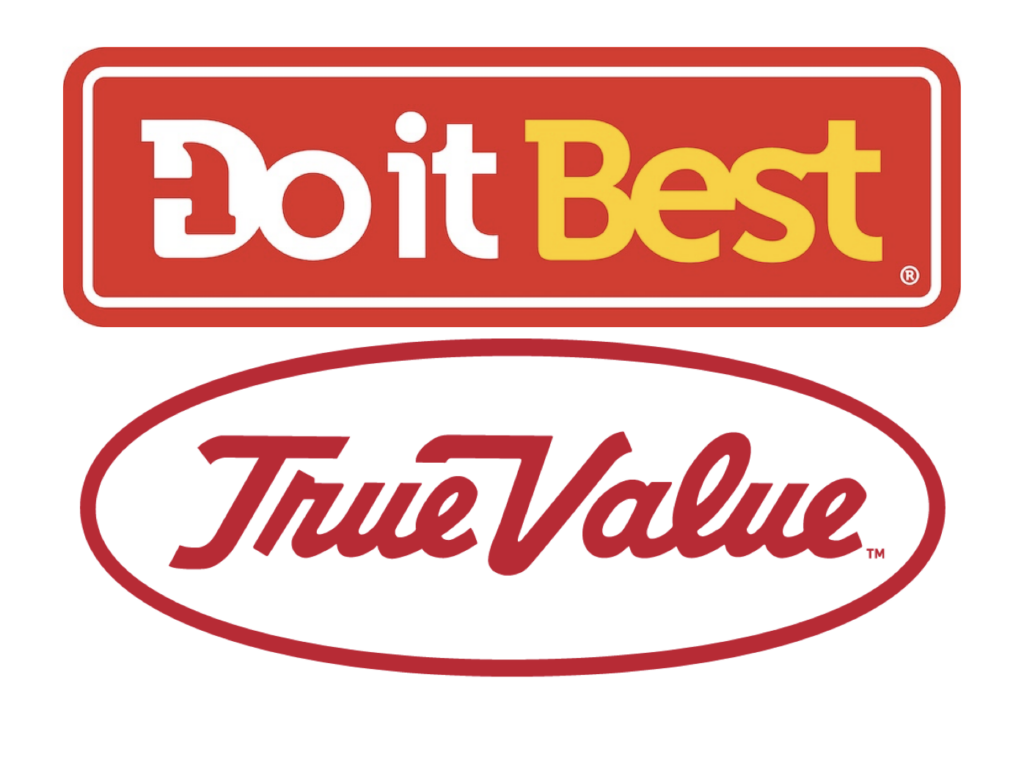
| If plans stick to schedule, Do it Best will acquire True Value Co. on Nov. 22. That signing date will mark the end of five frenzied weeks in which True Value operated under Chapter 11 bankruptcy-law protection from creditors. During those weeks, we learned a lot about how True Value operated and what it left behind: Most prominently, $121.2 million in unpaid bills to product vendors (as of Nov. 15), of which $112.2 million of the claims are unsecured. Do it Best’s purchase agreement calls for it to pay up to $45 million to assume trade receivables. Thus, unsecured vendors stand to get perhaps 40 cents for each dollar they were due. Vendors who also have business relations with Do it Best could find themselves needing to renegotiate programs in which Do it Best now has $1.5 billion more buying power on top of the $4.57 billion it has already. Vendors that don’t work with Do it Best now could find they no longer have easy access to True Value’s 4,500 dealers. The manufacturers that produced True Value’s 11 private-label brands certainly will be hurt. True Value’s collapse is a reminder to all business partners that even seemingly big, long-established operations can crash. Your faith in the partner might cloud any suspicion you have when–as occurred here–the partner blames a slowdown in payment speed on the switch to a new accounts payable regime. Lumberyard credit managers regularly share information on how good builder customers are at paying their bills. It’s good practice for lumberyard executives to do the same kind of information-sharing with other dealers about the state of their suppliers. It’s also good to have multiple ways to source a product. You could say relationships were the biggest casualty of True Value’s bankruptcy. Ronald Reagan’s philosophy during nuclear missile talks with the Soviets–“Trust, but verify”–is as true for LBMs as it is for ICBMs. |

